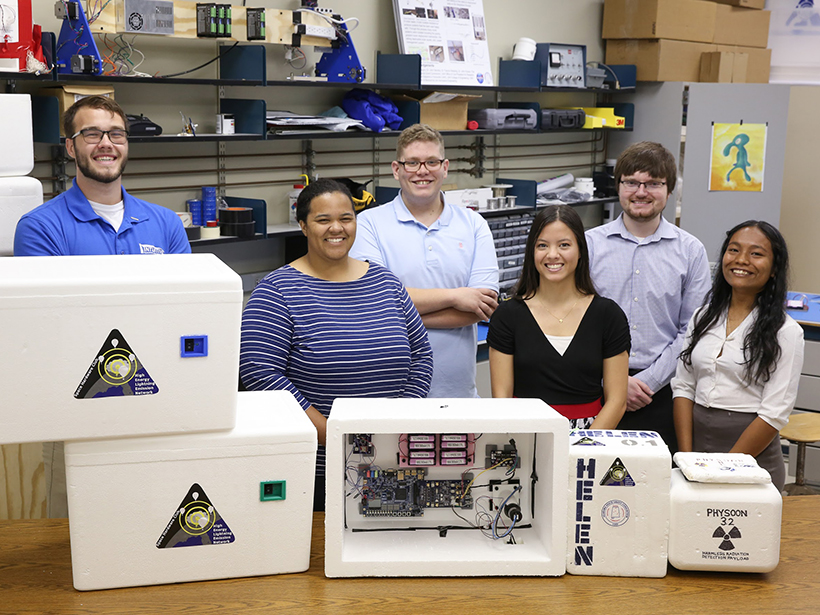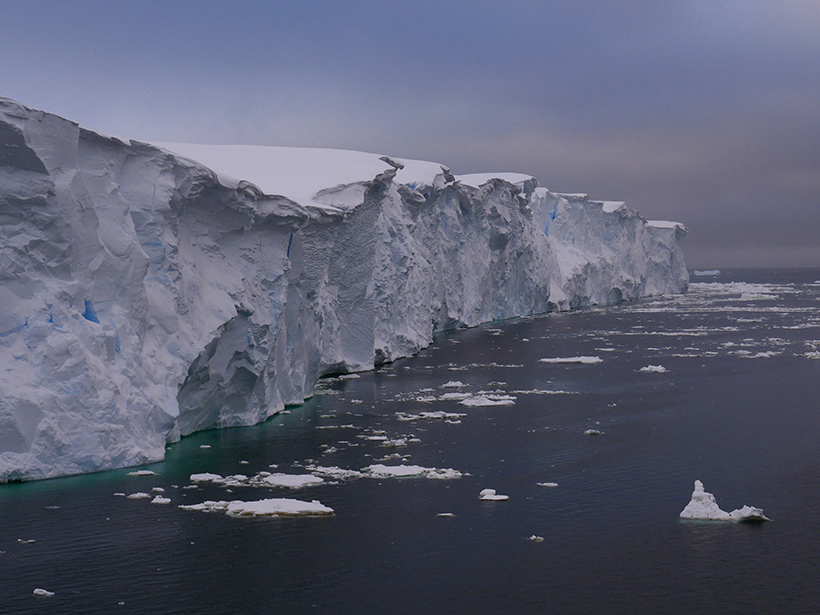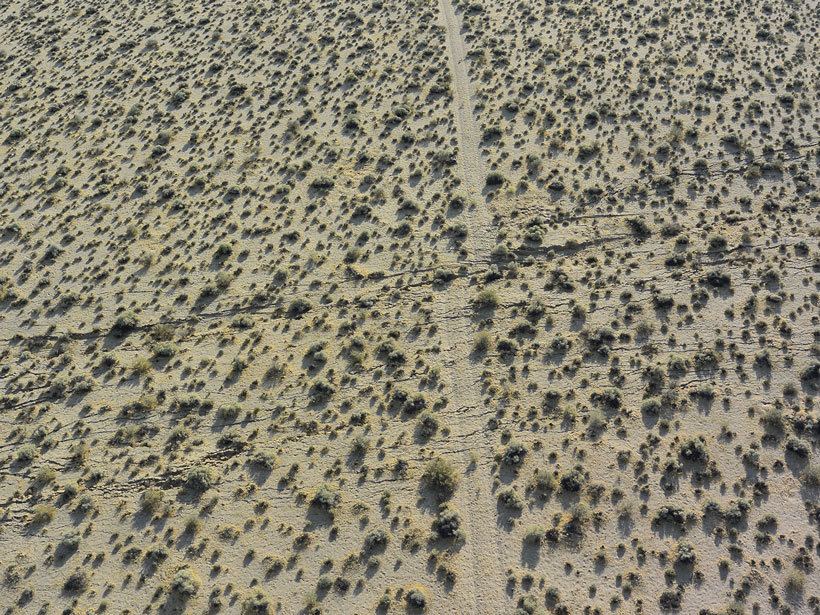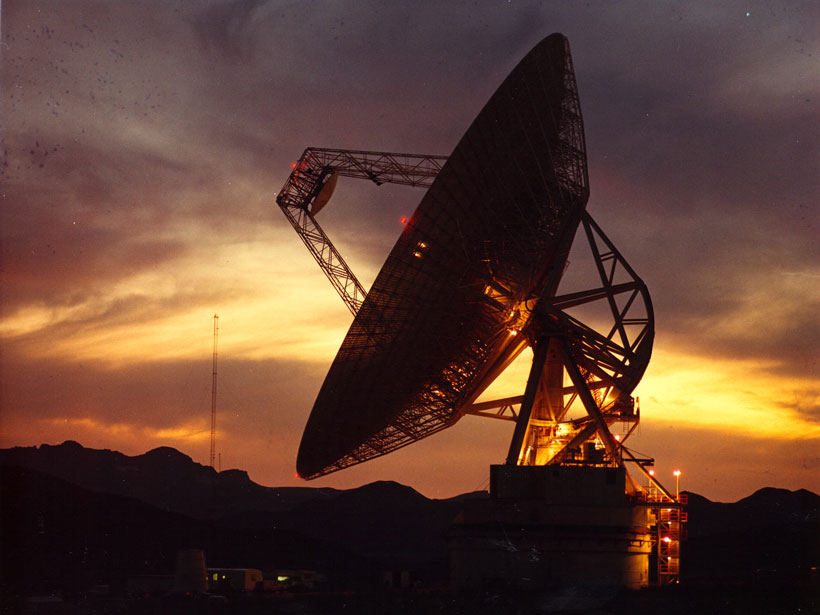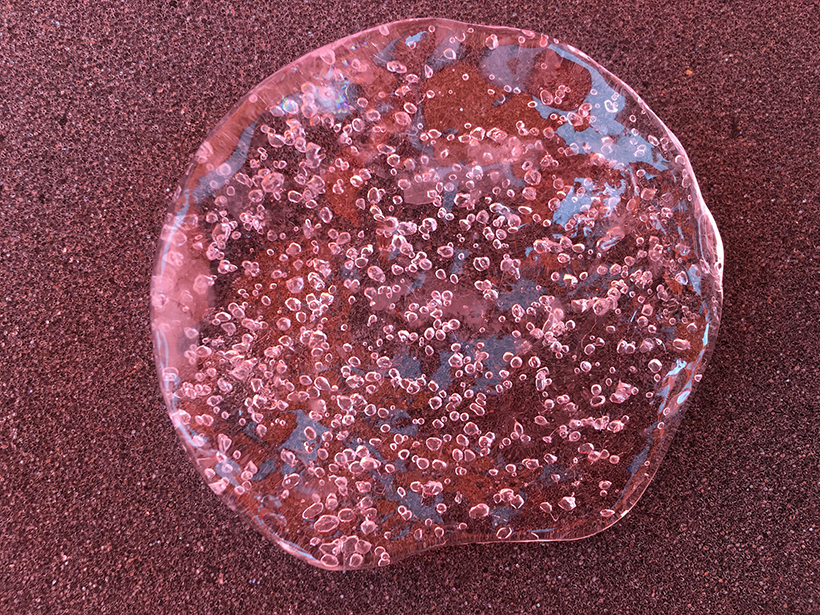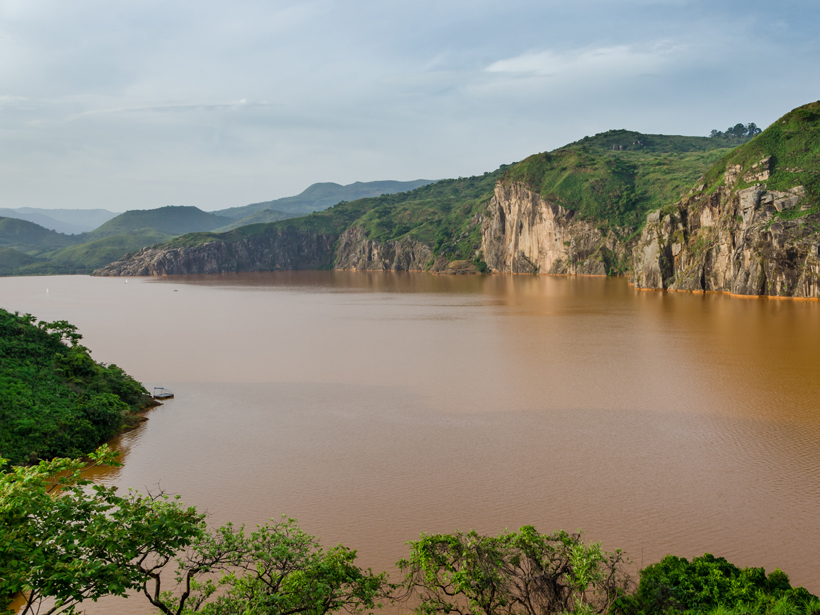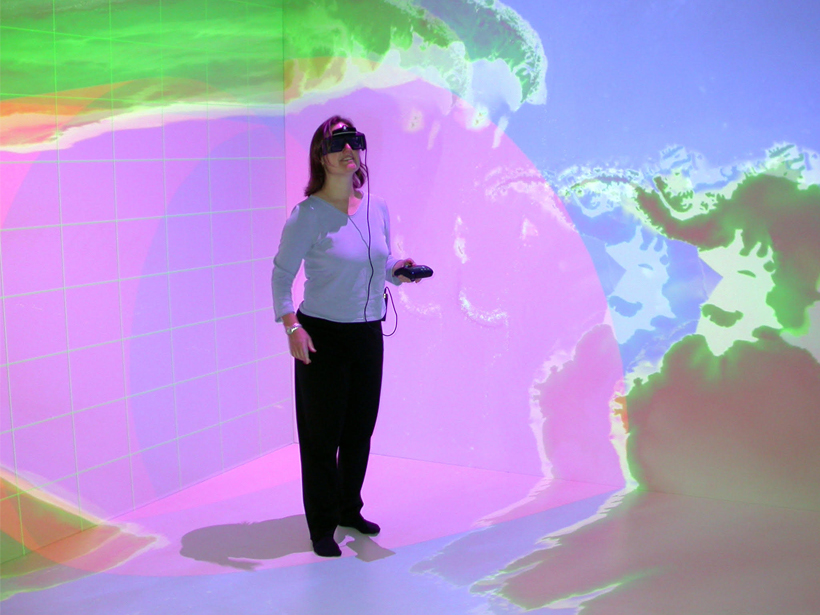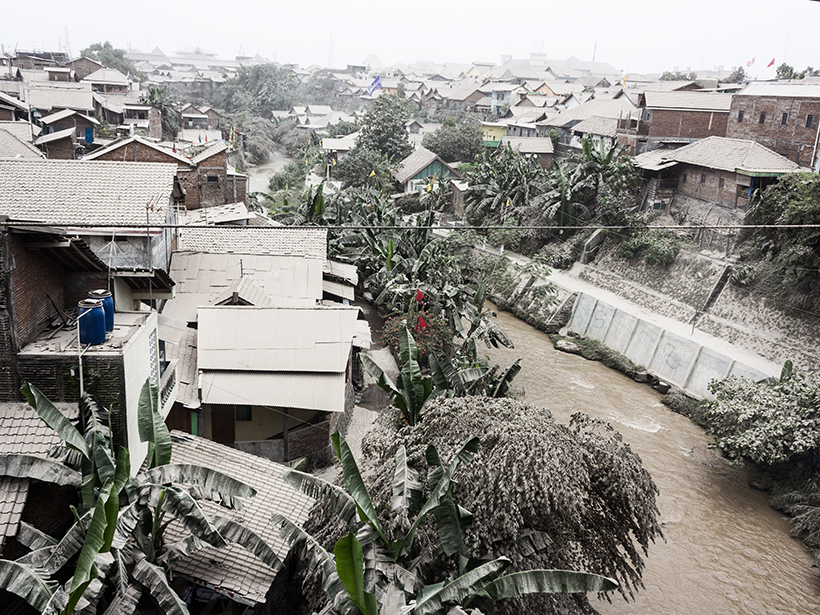By analyzing satellite imagery of rivers worldwide, researchers have pinpointed over 35,000 obstructions like dams and locks that affect an environment’s ecology, hydrology, and water resources management.
Katherine Kornei
Katherine Kornei is a freelance science journalist covering Earth and space science. Her bylines frequently appear in Eos, Science, and The New York Times. Katherine holds a Ph.D. in astronomy from the University of California, Los Angeles.
Students Launch Balloon-Borne Payloads into Thunderstorms
The High Energy Lightning Emission Network project hopes to detect elusive bursts of light and particles called terrestrial gamma ray flashes.
Controlled Explosions Pave the Way for Thwaites Glacier Research
Scientists detonate explosives in West Texas to prepare for fieldwork in West Antarctica.
Scientists Scramble to Collect Data After Ridgecrest Earthquakes
Ground shaking in Southern California, including a magnitude 7.1 temblor, triggered a massive mobilization effort to collect seismological, geological, and geodetic data.
More Than Just Astronomy: Radio Telescopes for Geophysics
Linking an existing network of radio telescopes with satellite radar would make it possible to measure ground displacements in a globally consistent way, scientists propose.
Antarctic Ice Cores Offer a Whiff of Earth’s Ancient Atmosphere
Bubbles of greenhouse gases trapped in ice shed new light on an important climate transition that occurred about a million years ago.
Lethal Volcanic Gases at an Italian Country Club
High levels of carbon dioxide and hydrogen sulfide emitted by volcanic outgassing caused a deadly accident near Rome, Italy, in 2011, geoscientists have shown.
Louise Kellogg: Geoscientist, Mentor, Science Communicator
The geoscientist, who studied Earth’s mantle and believed strongly in the power of mentoring, passed away in April.
600 Years of Grape Harvests Document 20th Century Climate Change
A 664-year record of grape harvest dates from Burgundy, France, reveals significantly warmer temperatures since 1988.
Explosive Volcanic Eruption Powered by Water-Saturated Magma
Little seismic unrest preceded the 2014 eruption of a stratovolcano in Indonesia, which suggests that the eruption was kick-started internally by volatile-triggered overpressure.


